
Meat is a great and delicious source of protein, with most Kenyans incorporating it into their daily meals. Thanks to the new weighing tools, your butchery business in Kenya can sell from as low as Kshs 50 meat and above.
The butchery business in Kenya is a profitable venture with insatiable demand. Moreover, depending on your location and financial plan, you can open this business from as low as Kshs 100,000 to Kshs 500,000.
Meat offers many choices, leaving your clients asking for more. You can sell different types of meats, from chicken, beef, and mutton to pork, according to your location’s demand.

In this piece, we shall cover
With the correct measurements and suppliers, you get the best deals for your business and clients. As a result, you earn high profit margins from your business.
Remember, the demand for high-quality meat is relatively high, so when you sell the best meat in town, you will attract a massive audience, increasing your sales.
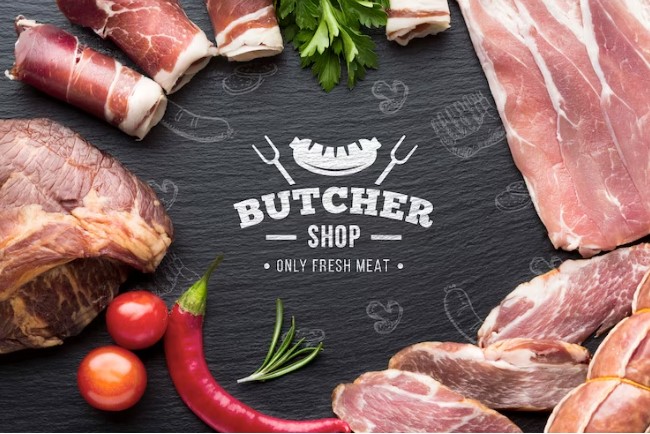
Kenya has numerous slaughterhouses offering beef and mutton supply to butcheries. Moreover, chickens are easily accessible in poultry farms. So you can order from poultry farmers with authorization documents.
With a butchery business, you can never go low on supply as there are many livestock rearers!
If your finances allow, you can own the entire business, from keeping livestock to slaughtering and selling the meat in your butchery. Nevertheless, before taking this approach, you must understand its advantages and disadvantages.
This will help you reduce stock acquisition costs while expanding your business!
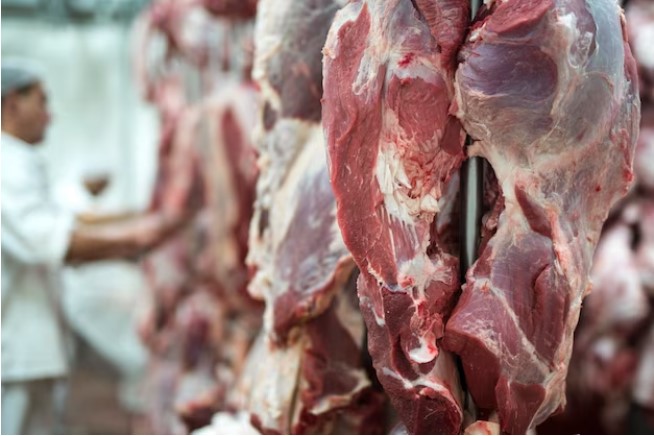
How do I start a butchery business?
A butchery business has essential steps and items to acquire before operating. Overall, as a Kenyan, you will need the following.
Before you open any business, you must research the area’s culture and beliefs and how they affect the type of business. For instance, opening a pork butchery where pork is viewed as unclean can mean low to zero demand, leaving behind huge losses.
Again, you must understand what type of meat is in demand in the preferred location. And learn the tricks that other butchery owners use to excel in their business. Whether it means observing or interviewing staff or a successful butcher, do it to optimize the success of your new business.
Without finances, you cannot start a business! That’s why capital is the second-most important aspect of opening a butchery business in Kenya.
Some necessities it helps you acquire include a license, a strategically located rental space, and stock, which are essential in running your butchery business. The initial capital varies depending on the location and size of the business.
If you’re in a low-income area, you will need an initial capital of Kshs 100,000. For middle-income locations, it’s Kshs 200,000 to Kshs 500,000. And for high-income regions, you will need Kshs 500,000 to Kshs 1,000,000.
Suppose you’re working on a tight budget; you can eliminate some of the items. For instance, freezing equipment and instead stock only what your clients demand.
What location do you prefer to set up your butchery business?
Can people easily see and access your business?
How many people pass through that site?
The location of your butchery will determine how many people see and visit it to buy meat. That’s why it’s essential to take advantage of residential areas that are highly populated and locate your business near other ventures, such as supermarkets.
They will help you attract a massive audience, increasing your sales and profitability. Again, don’t overlook the hygiene of the location of your business.
To start functioning, your business must have a license and permit. Since butchery revolves around a very delicate area, you will need
Depending on how you run your business, you might also need other licenses, such as signage and advertising.
The supplier you collaborate with determines the quality and quantity of stock your business receives. Again, the authorities expect you to work with a certified meat supplier for quality assurance. So don’t settle for an unapproved supplier, as you might get into legal issues.
Alternatively, you can find sheep, goats, chickens, and cows and then slaughter them. This increases your costs as you have to hire a professional to slaughter. Also, a public health officer has to inspect every animal before slaughtering it to ensure it’s safe for human consumption.
A butchery’s display works exceptionally when done right. Unlike most businesses, butchery businesses sell through visibility. Observing the best-performing local butcheries, you will note they have a display section fitted with glass so you can see meat from outside at a distance.
This attracts customers to your enterprise as they can see what type and quality of meat is available in your business. So, ensure you set up an impeccable display and counter that will allow for quick notice by clients.
One of the branding elements is your business name. You must choose a favorable business name that your customers can relate to. So, when selecting your butchery name, ensure it matches the following standards:
You can name your business after your town/area or yourself to easily appeal to your clients.
Branding does not end here, as your business appearance has to sell a butchery idea. How? You must paint in the appropriate colors; usually, red and white are identical for the butchery business.
For a butchery to operate seamlessly, you will need equipment such as display, measuring, chopping, and preservation tools. So, you’ll have to acquire them to maintain optimal functionality and minimize losses.
Some of the items you will need to purchase include:
Some of these things can be expensive, especially if you’re working with a tight budget. Fortunately, you decided to lease them as you plan for the purchase in the long run or eliminate them by buying enough stock for the day.
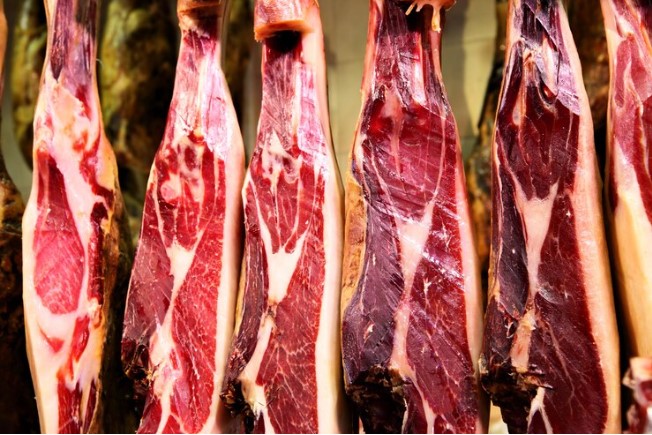
Get your first meat stock and organize it accordingly in the butchery. Ensure that everything is in the correct position for conspicuousness. You can start your business with a supply of 50 kgs of meat, depending on your budget and the area’s population density.
Other things you may need to do to run a successful butchery business include:
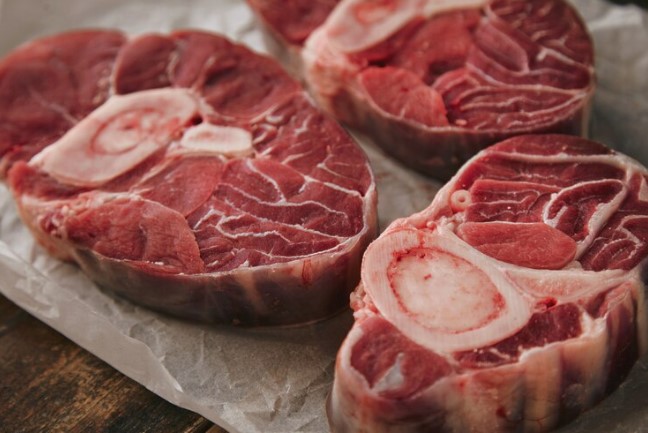
Opening and running a butchery business is not a walk in the park. Before you start enjoying profits, you will face numerous challenges, including;
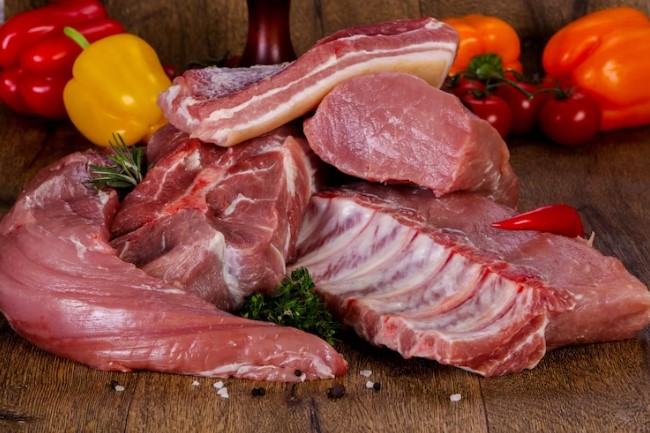
There’s high competition in the butchery business. Hence, to reap massive profits, you must implement best practices that give you a competitive advantage.
Below are some tips to help you run a successful butchery business
You should research the existing businesses’ price lists to determine the best prices for your meat. This will help you decide the best amount for the different meat types. You can even have a slightly lower charge than your rivals to attract more customers.
Prioritizing your customers’ needs helps you retain your customer base and attract new ones. That’s why you should address their concerns and help them when stuck deciding how to cook or what amount to prepare for their guests.
This shows you’re concerned about them, building trust in your business and making them loyal customers.
Corporate social responsibility or CSR does not only apply to big companies. Butchery owners should also be responsible. You can ensure this by practicing safe waste disposal or contributing to society in the ways you can.
Want to attract more customers to your butchery? Start by maintaining a high level of cleanliness. This will create a good impression of your business, appealing to more clients.
In fact, this is one of the critical differences between high and low earners in the butchery business.
You can maximize your butchery business’ profits in the following ways

Having a wide range of quality meat for your clients to select will attract existing and new prospects to your butchery business.
The typical return of a butchery business in Kenya is Kshs 40,000 per month. This varies depending on the scale of your business and strategies such as marketing.
Also Read:
A butchery business in Kenya is one of the most lucrative ventures. However, it requires a lot of legal permits, including a business permit, health, and food handling certificates.
If you decide to slaughter your animals, you will need a public health professional to perform an inspection.
So, does opening a butchery business suit your location?
Visit our store for more tips on business ideas, money-making, management, and protection. Here, you’ll find comprehensive guides on every finance area.

I have passion in helping people Make, Manage, Multiply & Protect Wealth.Download my Free Guide to Financial Freedom >>[ GET IT HERE]